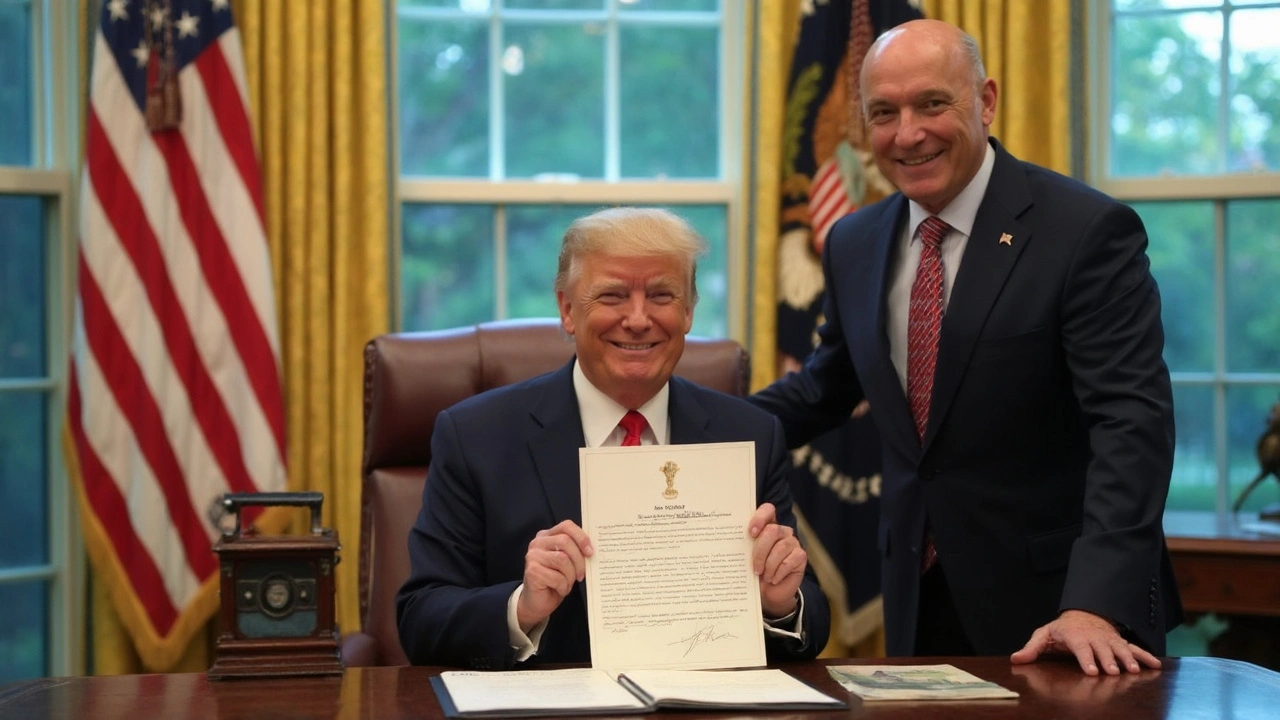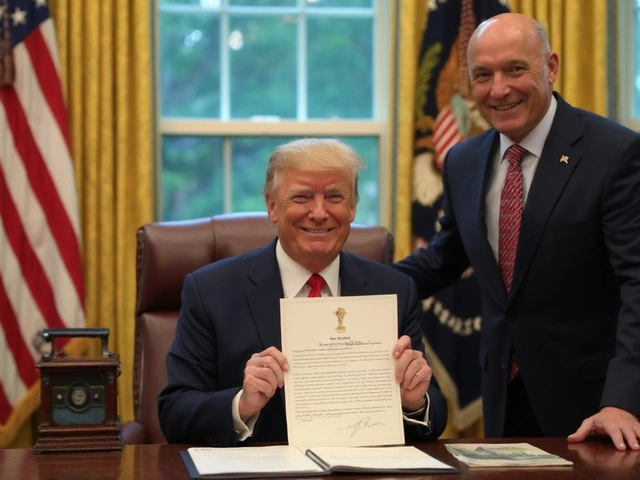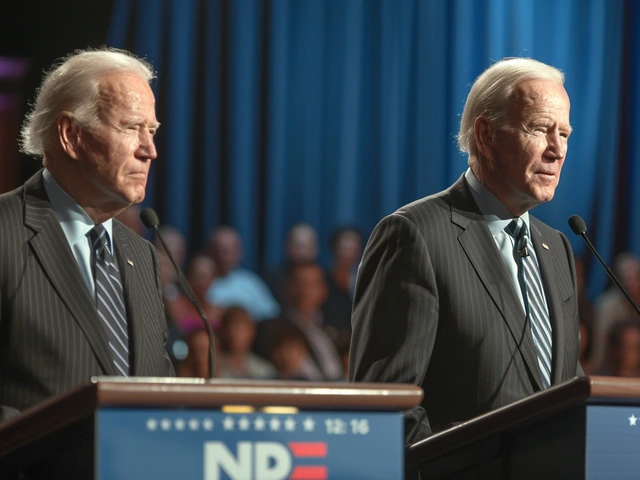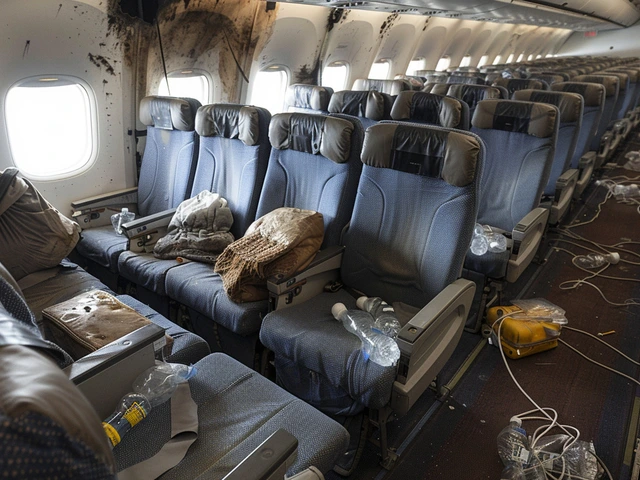
2026 World Cup Uncertainty Grows as Trade Tensions Rock North America
Once a Symbol of Unity, Now a Stage for Division
Back in 2018, the announcement that the 2026 World Cup would take place across the United States, Canada, and Mexico felt like a real breakthrough. At the time, organizers and soccer officials bragged about North America coming together for a sporting event that would unite millions. The buzzword at every press conference was "unity." Carlos Cordeiro, then the US Soccer president, couldn’t stop emphasizing how these three nations were setting aside differences for the world’s stage. For months, fans actually believed that message.
Fast-forward to today, and the atmosphere couldn’t be more different. Instead of friendship, headlines now scream about trade tensions and new tariffs. President Donald Trump’s policy of reimposing tariffs on both Canada and Mexico has set the tone for a much more combative relationship—not just economically, but politically too. The move to expand tariffs by April 2025 is more than just a temporary blip; it could entrench barriers and resentment right when teams, fans, and officials should be working together. Trump’s public jabs—like suggesting Canada could be the "51st state"—haven’t exactly softened the ground for neighborly cooperation.
From Stadiums to Borders: The Ripple Effects of Tariffs and Politics
While Trump laughed off concerns in his recent meeting with FIFA President Gianni Infantino—calling tension a 'good thing'—the people in charge of actually pulling off the tournament aren’t as relaxed. Every major sporting event is a logistical juggling act, but splitting a World Cup among three nations means crossing international borders is part of the everyday playbook. Suddenly, visas, travel permits, and even the transport of team gear could become sticking points if customs delays or new paperwork requirements kick in. Fans booking trips between cities like Toronto, Dallas, and Mexico City may have to navigate a tangle of bureaucracy that never existed before.
Analysts have started to flag just how much trouble could be brewing under the surface. Picture this: supporters from Europe or Africa carefully planning their World Cup journeys, only to get snarled in unexpected border checks, delayed flights, or higher costs because of tit-for-tat tariffs. Player transfers and media crews, too, would feel the pinch if free movement gets tied up by political disputes. Sponsors, who bet big on North American unity for maximum exposure, may get cold feet if the squabbling leads to empty stadium sections or public protests.
- Ticket sales could slow if fans feel uncertain about crossing borders
- Local businesses—especially hotels and restaurants—stand to lose out if visitor numbers drop
- Tournament security becomes trickier amid rising nationalist rhetoric and suspicion
So, what once looked like a slick showcase of continental cooperation now hangs in the balance. The stubborn promises of unity are harder to take at face value when the ground keeps shifting beneath them.






